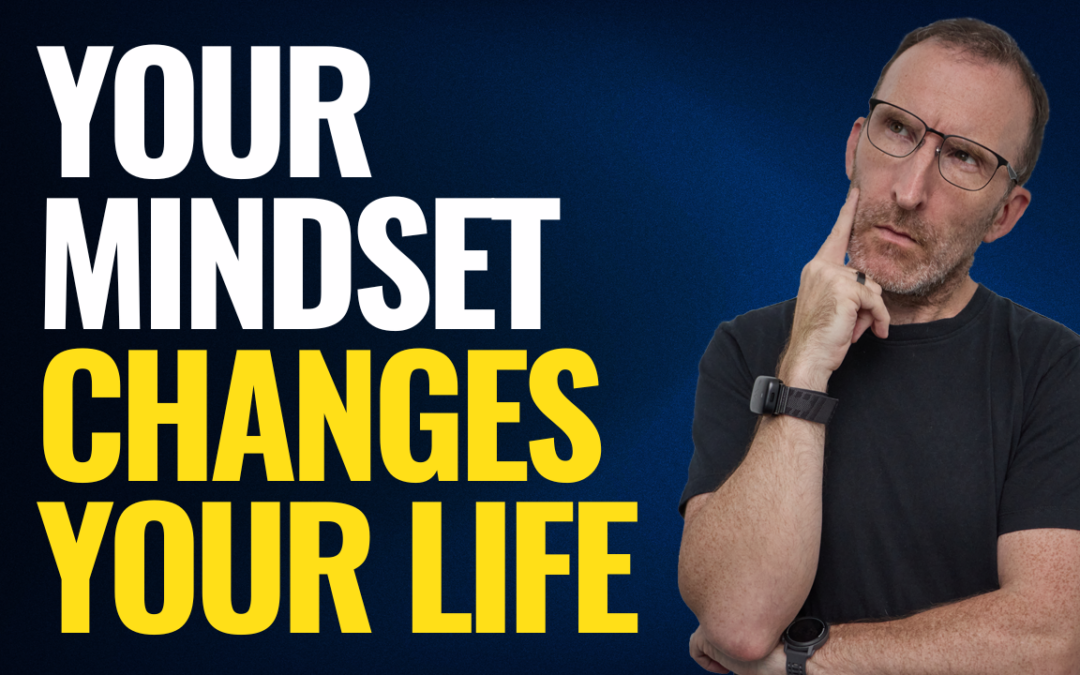Jonah Berger’s latest book The Catalyst is the subject of the latest episode of the work of on the changing minds podcast. Super book about improving how persuasive you are!
Jonah Berger is a professor of marketing at the Wharton School who specializes in how social dynamics influence decision making. He is the author of multiple best selling books on influence and marketing.
Change is hard and pushing people to change with facts and figures doesn’t always work. Instead become a catalyst.
Remove roadblocks and lowering the barriers that keep people from taking action.
Key elements that stop people from buying in: the tendency to push back when someone is trying to convince you, attachment to the status quo, reluctance to make big changes, uncertainty, and the need for more corroboration.
It’s not about pushing harder. And it’s not about being more convincing or a better persuader. It’s about being a catalyst — changing minds by removing roadblocks and lowering the barriers that keep people from taking action.
Zappos remove the barrier to buy shoes online by offering free shipping and a no-questions-asked return policy.
5 roadblocks for changing someones mind:
Roadblock #1 — Reactance. Most people when pushed just automatically push back. They have an inbuilt need to say no whenever someone tries to persuade them. Reactance is triggered when you try to restrict people’s options, so instead allow for agency.
Roadblock #2 — Endowment. Inaction is easy. To eliminate this roadblock, highlight how inaction is not as costless as it seems at first glance.
Roadblock #3 — Distance. The further away the person trying to persuade is, the less inclined people feel to make changes.
Roadblock #4 — Uncertainty. Change pretty much always introduces uncertainty. Make the new things easier to try so people experience things for themselves.
Roadblock #5 — Corroboration. The more people you can get to provide corroborating evidence, the more likely it becomes someone will choose to join their ranks. Collective proof.
Pebbles and boulders provide an analogy for weak and strong attitudes.
In summary, catalysts reduce Reactance, ease Endowment, shrink Distance, alleviate Uncertainty, and find Corroborating Evidence. The stages form the acronym REDUCE
Podcast: Play in new window | Download







